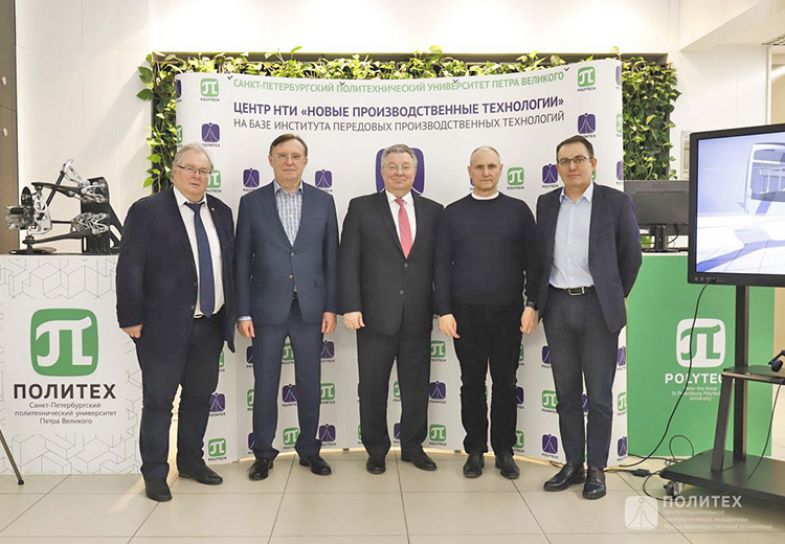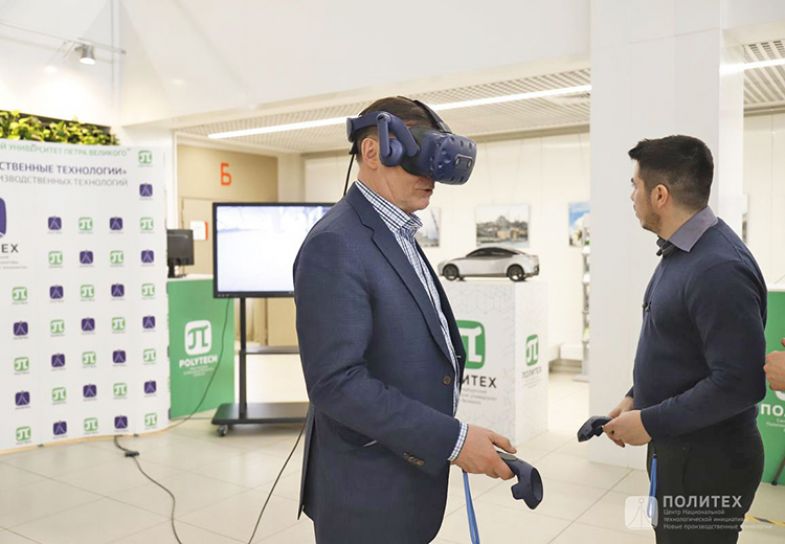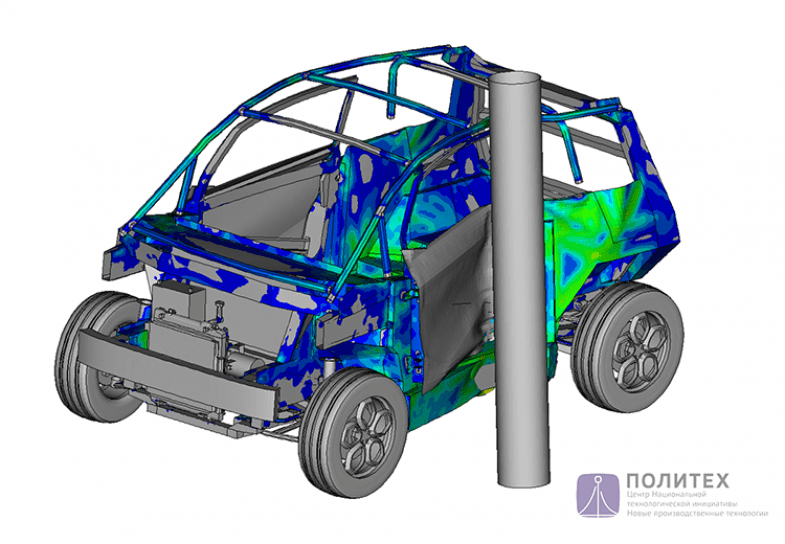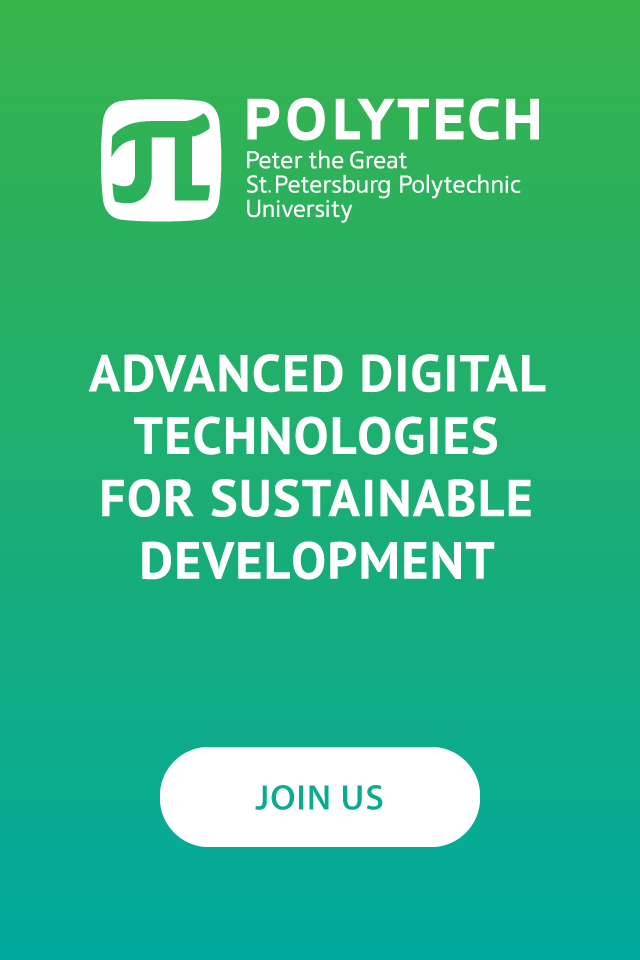One of the largest integrated science and technology projects of the National Technology Initiative (NTI) Center for Advanced Manufacturing Technologies of Peter the Great St. Petersburg Polytechnic University (SPbPU) has been implemented since 2019 as part of the National Consortium for the Development of Autonomous, Connected, Electric Transport in close collaboration with PAO KAMAZ, Russia’s largest automobile corporation.
The production of a family of modern city buses based on the universal passenger platform developed in the project will be launched at the facilities of PAO KAMAZ, one of the world’s TOP20 heavy truck manufacturers.
The lead contractor of the project is the SPbPU Computer-Aided Engineering Centre of Excellence (CompMechLab®), the core business division of the SPbPU Advanced Manufacturing Technologies Center of the National Technology Initiative, national leader in the development of high-tech machines, structures, equipment and products based on advanced manufacturing technologies.

The goal of the SPbPU Computer-Aided Engineering Centre of Excellence (CompMechLab®) is to design a competitive universal modular platform for the new model lineup of medium-, high- and ultra-high-capacity buses, electric buses and trolleybuses driven by various types of engines: diesel, gas, electric, and hybrid.
For the first time in the industry, the project is entirely implemented in a new design paradigm: using the Digital Twin Technology based on the CML-Bench™ CML-Digital Platform, an SPDRM management system in the field of digital design, mathematical modeling and computer-aided engineering developed by the engineers of the SPbPU Computer-Aided Engineering Centre of Excellence (SPDRM stands for Simulation, Process, Data & Resources Management). The project implies the development of digital twins of various platform design variants, special-purpose virtual test rigs and testbeds for holding tens of thousands of virtual tests.
The main goals of the project are:
- Electrification of transport will improve the environmental situation in cities. Weight optimization of buses with internal combustion engines will reduce fuel consumption and thus the emissions of combustion products into the atmosphere.
- Modularity of structures will reduce time and financial costs for the production, maintenance and repair of buses. The unification of the exterior and interior modules will enable the rapid customization of the universal passenger platform to the requirements of customers from different regions.
- Development and use of digital twins will shorten the design process, increase accuracy and reduce development costs, improve consumer characteristics, enhance environmental performance and global product competitiveness.
- The full lifecycle contract changes the margin curve, shifting the emphasis to the design phase in order to reduce costs in the after-sales / maintenance and repair phase.
Achievement of these goals can qualitatively change the face of Russian industry and the urban environment, and strengthen the position of Russian products in the global high-tech market.
In accordance with the project schedule, the first and second stages of the project have already been implemented. At the preliminary stage, an analysis of the best world practices was carried out; conceptual solutions for the exterior style of the bus were developed; the materials used were analyzed; the technical requirements for the basic bus were elaborated; the engine system was selected, and the decisions were made in the areas of ride and handling performance, electrics and electronics, the climate system, etc.

At the second stage, the key requirements of the technical specification were agreed upon. They became the basis for the formation of a matrix of requirements / targets and resource constraints of the project. In March 2020, the main stage of the project was launched; under it, digital design and simulation of key components of the universal passenger platform will be implemented.
In 2021, a prototype of the basic bus of the best-in-class family of city buses with technical and consumer characteristics, environmental performance parameters surpassing those of existing analogues is scheduled for introduction.
In addition to this project and in line with the global trend for electric vehicles, PAO KAMAZ and the SPbPU Advanced Manufacturing Technologies Center of the NTI are also developing a small-size city electric vehicle.

The objectives of the project, which lie in the area of responsibility of the Center’s engineers, include the development of vehicle digital design and optimization techniques, the creation of the Smart Digital Twin package of solutions for a compact city electric vehicle.





